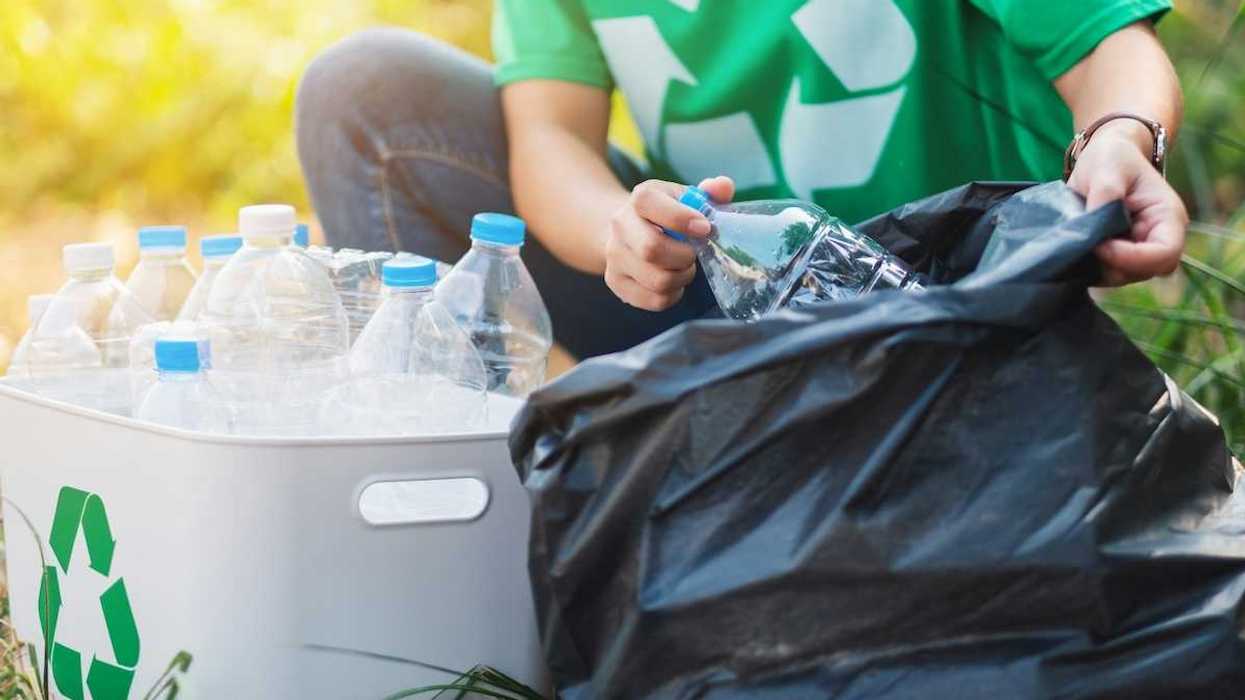A promising Princeton project using microbes to break down toxic PFAS chemicals is on pause after federal agencies suspended key research grants.
Prachi Patel reports for Chemical & Engineering News.
In short:
- Peter Jaffé, a Princeton environmental engineer, developed a novel way to clean up PFAS using a naturally occurring microbe called Acidimicrobium A6 that thrives in oxygen-starved environments like groundwater.
- Lab tests showed the bacteria could break down 60% of two major PFAS chemicals over 100 days, offering a cheap and scalable cleanup method for contaminated military sites.
- But a $250,000 Department of Defense grant to field-test the microbe has been suspended, halting Jaffé’s research and putting student jobs and long-term scientific momentum at risk.
Key quote:
“If we have to abandon this line of research, it will be a loss given how far we are in this project, how broad a concern PFAS are, and that if, if you can use biology, it’s always the cheapest way to clean up.”
— Peter Jaffé, professor of civil and environmental engineering, Princeton University
Why this matters:
In a world choking on plastics and persistent chemicals, why stall a potential solution? Imagine discovering a microscopic ally in the fight against “forever chemicals” — only to have the government pull the plug just as you're ready to let it loose. Disrupting research focused on cost-effective, scalable cleanup methods could delay health protections for millions exposed to these toxic compounds. It's a dilemma facing researchers across the federal government as the Trump administration's layoffs, funding cuts, and restrictions stymie their work.
Read more:
Millions in the U.S. may rely on PFAS-contaminated drinking water














